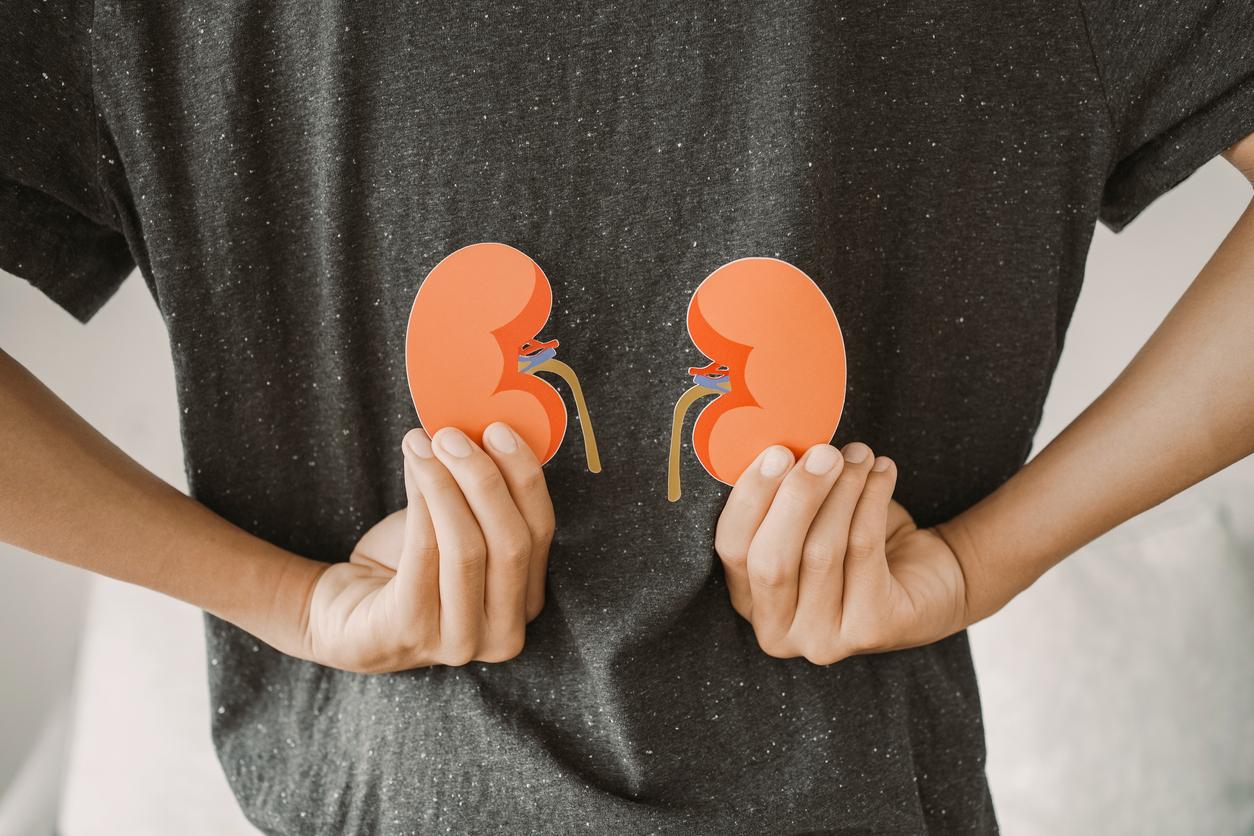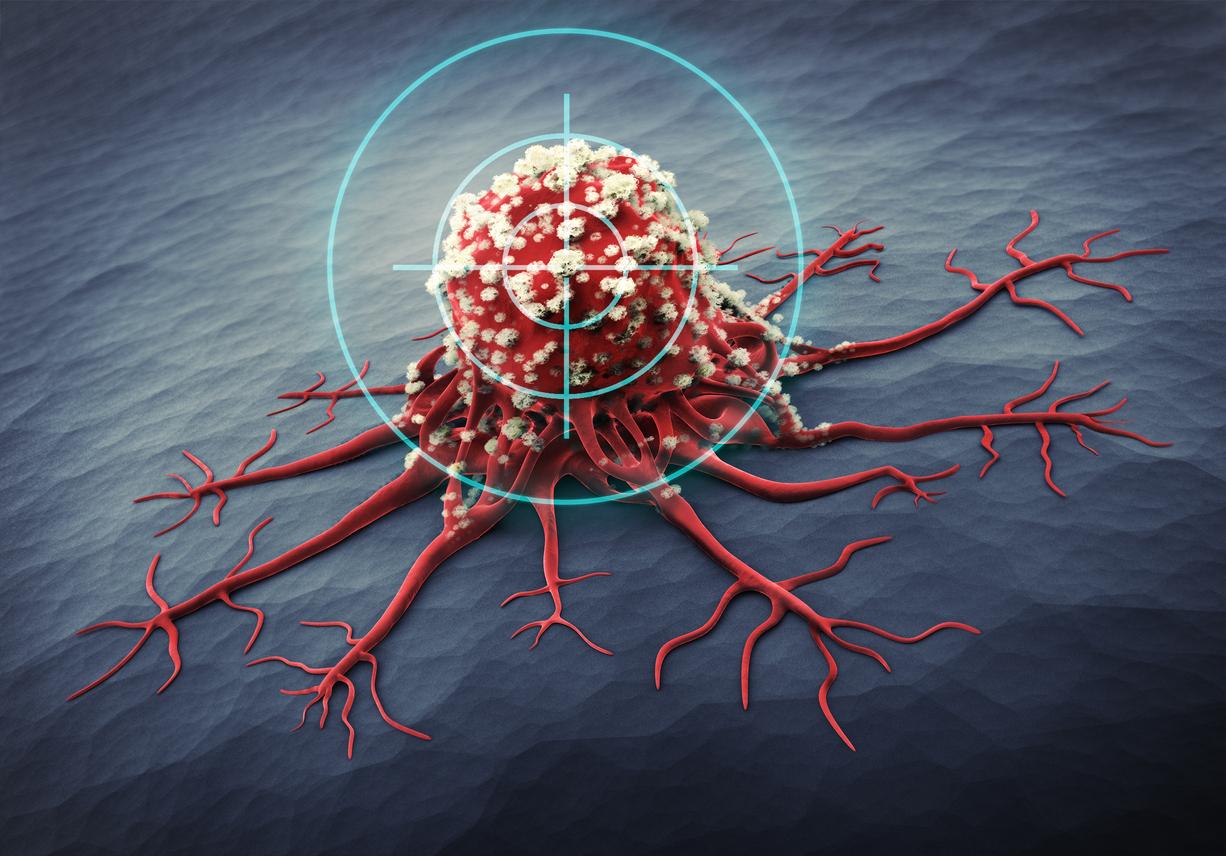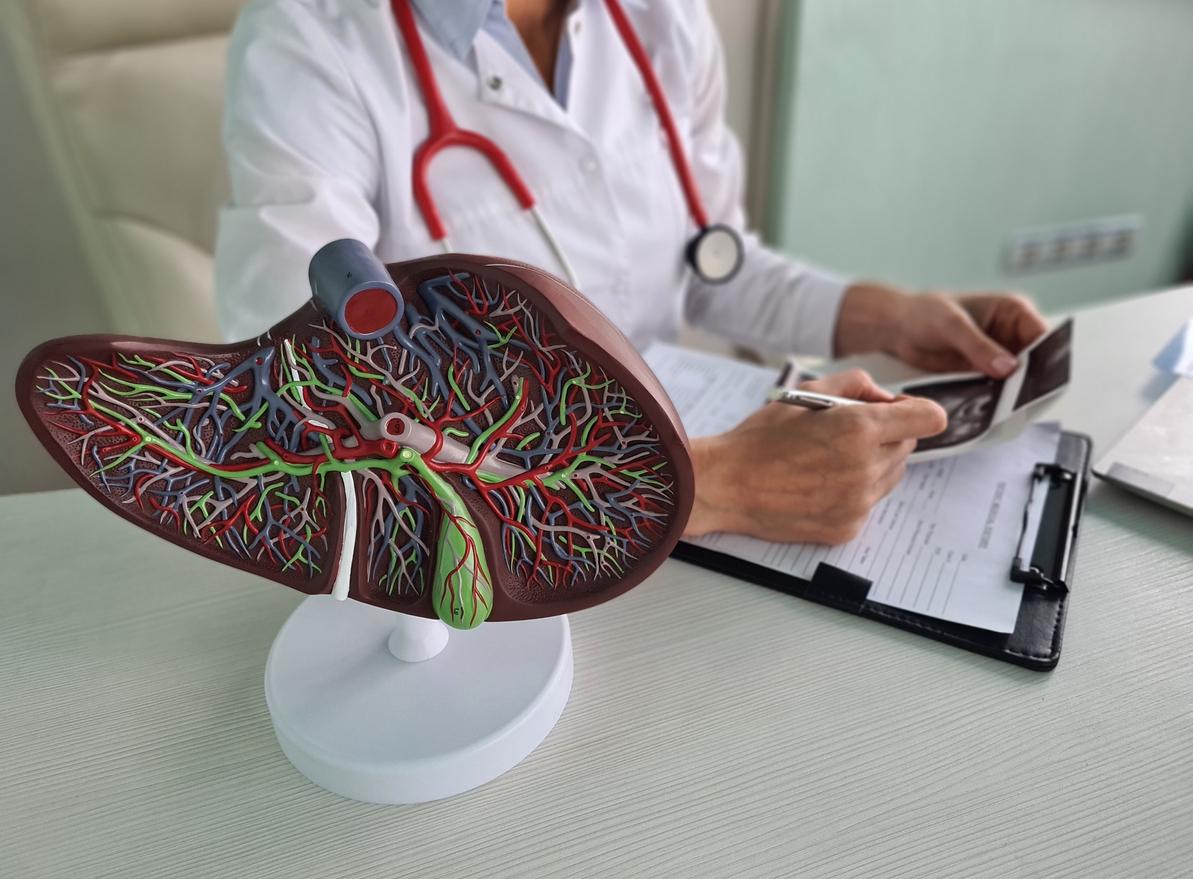
June 27, 2016.
According to a UK government report, released on May 19, by 2050, 10 million people will die each year from infection with antibiotic-resistant bacteria. What alternatives are therefore possible in the face of this bacterial resistance?
The phenomenon of bacterial resistance is on the rise
The massive and repeated use of antibiotics in recent years has significantly reduced mortality associated with infectious diseases, but also led to the emergence of bacteria resistant to these antibiotics. In the United States, researchers at the Center for Disease Control and Prevention (CDC) have just discovered a strain of Escherichia coli, a bacterium capable of resisting the most powerful of antibiotics.
” The phenomenon is growing, there are more and more bacteria resistant to antibiotics, in particular due to their misuse and overconsumption, in humans as well as in animals, namely in the meat that we eat “, Explains Patrice Nordmann, professor of microbiology at the University of Friborg (Switzerland) and director of the unit” Emerging resistance to antibiotics “at Inserm, in the columns of 20 minutes.
What alternatives to antibiotics?
Faced with the magnitude of these phenomena, therapeutic alternatives are being studied to develop new effective treatments against the bacteria that are the most dangerous for humans. Among them, phage therapy, an effective method that consists of using bacteria-eating viruses but which requires a precise diagnosis of the infection upstream. In France, this process is prohibited for lack of marketing authorization.
Another technology could make it possible to bypass the use of antibiotics. It’s about “Crispr-Cas9”. A method which makes it possible to delete, modify or replace one or more genes directly in a cell or in an organism. In June, the Advisory Committee of the US National Institute of Health (NIH) approved the launch of a first clinical trial. But this in-vitro modification of immune cells will have to be approved by the American health agency, the FDA (Food and Drug Administration), because it could pose some ethical problems.
Read also: 7 things to know about antibiotics

















